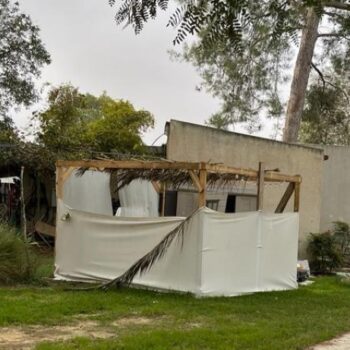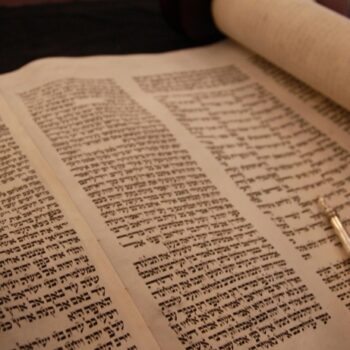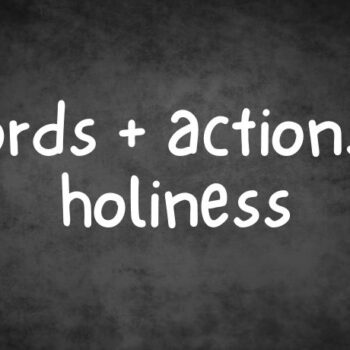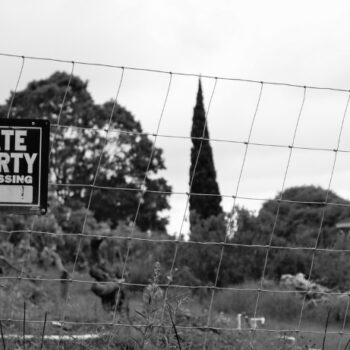As we sit beneath the stars this Sukkot, may we let the sukkah’s openness remind us of our shared responsibility: to protect life, to reject violence, to hold fast to hope even when it flickers. And may the fragile walls around us become a testament not to what was lost, but to the enduring strength of a people who still choose to dwell in joy, faith, and love.
Moses, the greatest of teachers, transforms his final teaching into a form that will live on beyond him. It is as though he becomes the embodiment of the blessing we say upon seeing someone distinguished in Torah study: he channels God’s wisdom, not for himself, but for the people who will carry it forward.
The message of Vayelech resonates deeply with the themes of teshuvah: turning and returning, blessing and being blessed. Blessing in Judaism is never only about what we receive; it is about what we generate. To bless is to name holiness, to bring awareness to God’s nearness, to transform ordinary acts into sacred opportunities.
At first glance, Torah can seem too vast, too complex, or too distant for us to grasp fully. However, Parshat Nitzavim reminds us otherwise: Torah is not unreachable; it is close, accessible, and waiting for us to live it.
Judaism teaches that even in the ordinary, our choices are infused with holiness. And one of the most powerful ways we frame this is through the blessings we say before learning Torah or performing mitzvot.
Ki Teitzei challenges us to see our daily actions as opportunities for blessing. Each time we care for another person, act with responsibility, or protect the vulnerable, we are living the words asher kid’shanu b’mitzvotav.
In a world that constantly tells us we need more—more success, more space, more stuff—it’s hard to know when we’ve reached enough. What does it mean to be truly content with what we have?










